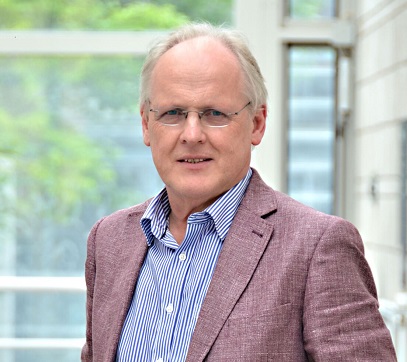Links to external sources may no longer work as intended. The content may not represent the latest thinking in this area or the Society’s current position on the topic.
eFutures: beyond Moore's Law
Scientific discussion meeting organised by Professor David Cumming, Professor Steve Furber CBE FREng FRS and Professor Douglas Paul
Event details
Moore’s Law of scaling has driven microelectronics to revolutionise computer and communication technologies. In the 21st Century, microelectronics will deliver integration of new and non-electronic functionality for optical, chemical and biological systems. In this scientific meeting international leaders will be brought together to discuss the diverse opportunities and methodologies that will define this exciting field in the next 20 years.
Download the programme (PDF)
Biographies of the organisers and speakers are available below and recorded audio of the presentations will be available on this page after the event. Papers have been published in this issue of Philosophical Transactions A.
This meeting was immediately followed by a related satellite meeting at the Royal Society at Chicheley Hall, home of the Kavli Royal Society International Centre.
Enquiries: Contact the events team.


